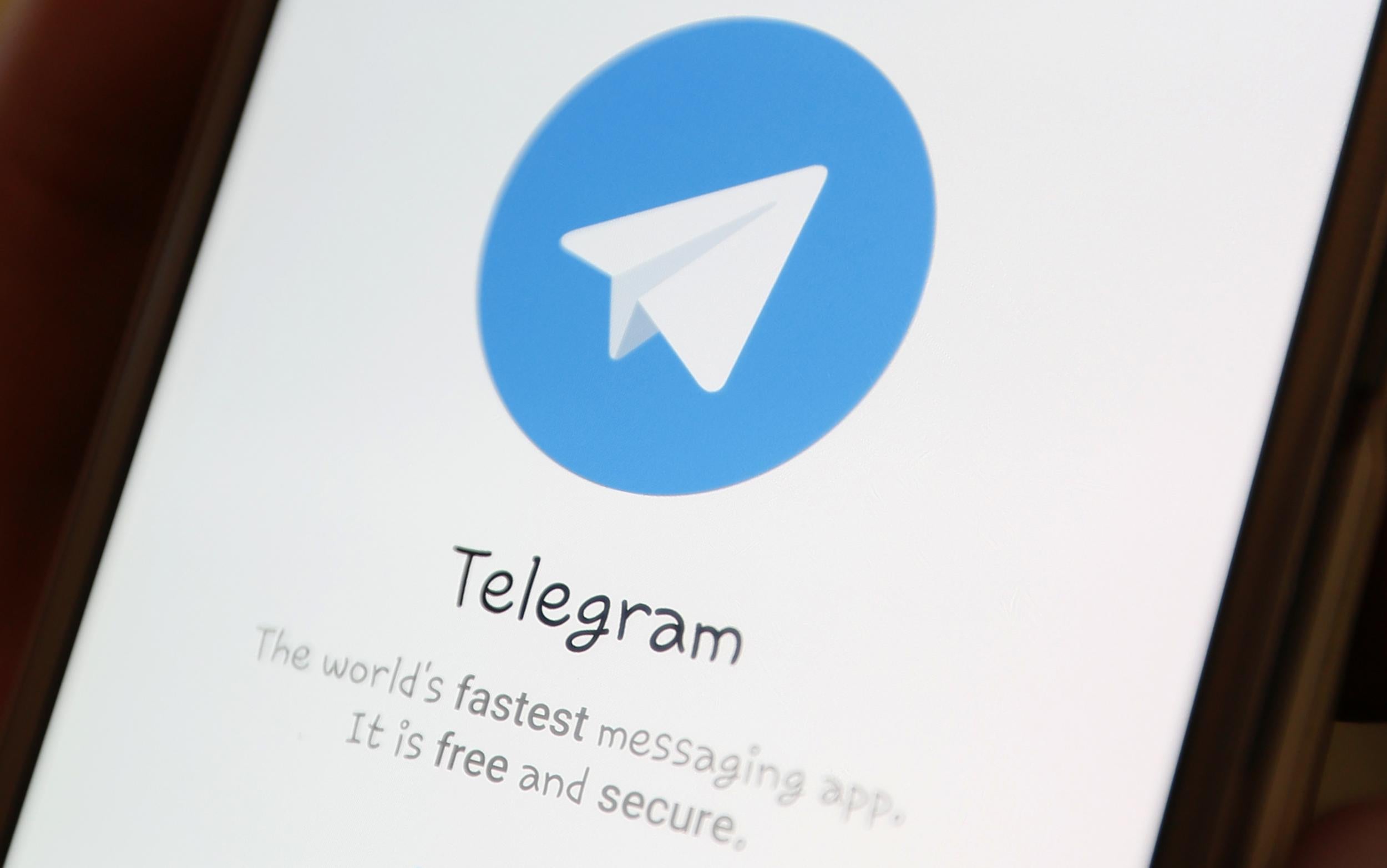Telegram CEO accuses Apple of preventing updates after Russia ban
'Unfortunately, Apple didn't side with us,' says Pavel Durov

Your support helps us to tell the story
From reproductive rights to climate change to Big Tech, The Independent is on the ground when the story is developing. Whether it's investigating the financials of Elon Musk's pro-Trump PAC or producing our latest documentary, 'The A Word', which shines a light on the American women fighting for reproductive rights, we know how important it is to parse out the facts from the messaging.
At such a critical moment in US history, we need reporters on the ground. Your donation allows us to keep sending journalists to speak to both sides of the story.
The Independent is trusted by Americans across the entire political spectrum. And unlike many other quality news outlets, we choose not to lock Americans out of our reporting and analysis with paywalls. We believe quality journalism should be available to everyone, paid for by those who can afford it.
Your support makes all the difference.Apple has been accused of preventing the popular messaging service Telegram from updating after Russia banned the service and ordered its removal from the App store.
Telegram's chief executive officer, Pavel Durov, said the tech giant had restricted updates for "users around the world since mid-April", when the Kremlin outlawed its use in the country.
The app refused to provide decryption keys to the country's security agencies, which would have allowed them to monitor Telegram users in the country.
"We believe we did the only possible thing, preserving the right of our users to privacy in a troubled country," Mr Durov said in a statement. "Unfortunately, Apple didn't side with us. While Russia makes up only 7 per cent of Telegram's user base, Apple is restricting updates for all Telegram."
Mr Durov added that issues with features like stickers were unable to be fixed, despite an update being available.
The inability to update the iOS app also means that Telegram is unable to properly comply with General Data Protection Regulation for its users in the European Union, Mr Durov said.
Apple has previously refused to help the FBI unlock an encrypted iPhone, with CEO Tim Cook saying in 2016 that it would "set a dangerous precedent," though private texts between FBI agents revealed that they considered Mr Cook a hypocrite.
"The US government has asked us for something we simply do not have, and something we consider too dangerous to create," Mr Cook said at the time.
"Opposing this order is not something we take lightly. We feel we must speak up in the face of what we see as an overreach by the US government... Ultimately, we fear that this demand would undermine the very freedom and liberty our government is meant to protect."
Apple has not responded to a request for comment from The Independent about Mr Durov's comments.
Join our commenting forum
Join thought-provoking conversations, follow other Independent readers and see their replies
Comments